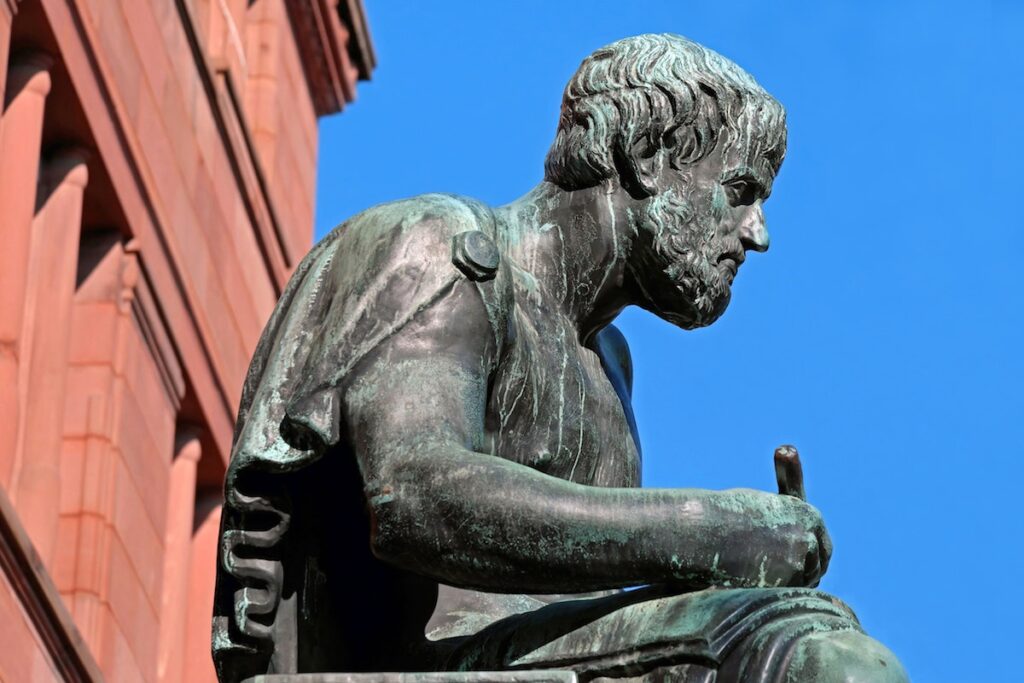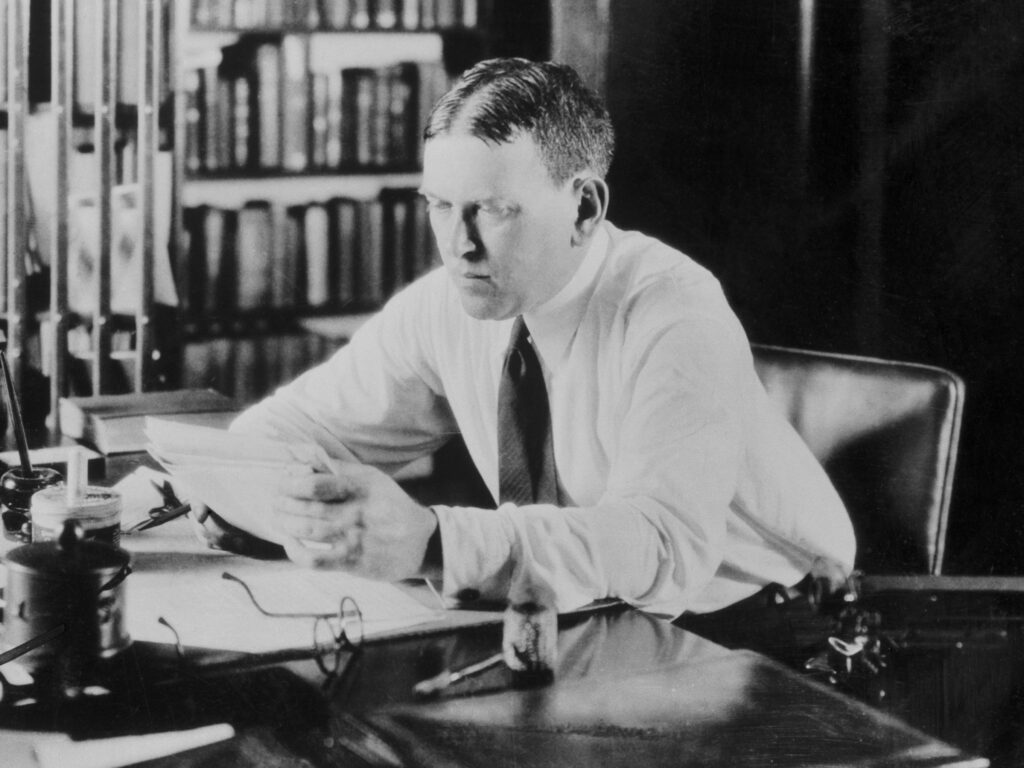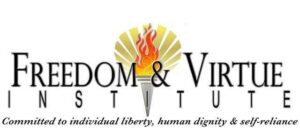“The dirty little secret of expertise—and of the modern era—is that we expect expertise to rescue us from our disagreements about the good life. We hope that an expanding economic pie (made possible by economic analysis), lengthening lifetimes (promoted by medical science), and expanding liberties will make tradeoffs unnecessary, or at least less urgent.”
That’s one among many glittering insights in a marvelous recent article by the Pepperdine University economist Andrew Yuengert. Yuengert’s main topic is the current pandemic, but his points apply universally to our efforts to live a good life and make the world a better place. In an environment where politics is emotional release, where policymaking is virtue-signaling, and where human imperfection—injustice, disease, error—is increasingly intolerable, we are in desperate need of a figure who may be unexciting but is also indispensable: the prudent leader.

What Yuengert calls “practical wisdom” is what is known in the Christian tradition as the cardinal virtue of “prudence.” Prudence has nothing to do with prudishness, nor is it synonymous (as is sometimes thought) with caution. Indeed, prudent leadership often requires bold action and determination in the face of stiff opposition. Instead, as Yuengert summarizes the description of the prominent twentieth-century philosophy Josef Pieper, the prudent person “must be docile before reality.” Prudence avoids utopian dreaming and focuses on what is possible given the constraints of the real world.
This does not mean that there are no ideals to be sought after, only that such ideals must be pursued in ways that are realistic. Ideals are also to be distinguished from perfection. History is strewn with the casualties of experiments in pursuing the “perfect society.” Striving for justice is important, but seeking justice in the knowledge that absolute justice will not be achieved in this world tempers our drive in a way that makes it both more effective and more durable. Passionate pursuit of justice without prudence tends to leave disillusion and even greater injustice in its wake.
Prudence recognizes the necessity of trade-offs. There is no such thing as a policy that does no harm to anyone, and acting as though it is so only creates a discord between rhetoric and reality. When considering welfare policy, the relevant question is not whether the policy will eliminate poverty; it is whether, given current conditions, past experience, and due consideration of unintended effects, the policy will, on balance, improve the situation. When considering education policy, the relevant question is not whether a potential reform will result in all students everywhere receiving a first-rate education; it is whether the measure will help more than it will hurt.

Prudent leadership is the opposite of demagoguery. The American critic H. L. Mencken once cynically claimed that “The whole aim of practical politics is to keep the populace alarmed (and hence clamorous to be led to safety) by menacing it with an endless series of hobgoblins, all of them imaginary.” It was an exaggeration but also an incisive observation. Populist politics thrives on fear and other powerful emotions, and demagogues know that emotion drives action (voting and donating) more effectively than cerebral analyses of the pros and cons of government policy. It is easier to whip up enthusiasm by promising panaceas for racism, disease, poverty, illegal immigration, crime, gun violence, and other hot-button issues, than by admitting that they are intractable problems that must be chipped away at, bit by bit, not really knowing but hoping that a well-considered policy will actually alleviate rather than aggravate the problem. “I’ll do my best to try to make education, the economy, and our culture a little better, but in truth the efficacy of government policy is limited” doesn’t make for a thrilling campaign slogan, but it is a more accurate characterization of what is possible than what most politicians’ say.
This brings us to an important conclusion. If we want more prudent leadership, we all need to exhibit more “docility before reality.” We should stop demanding an end to the world’s problems and see what we can do, personally, to better those situations over which we actually have control. This means practicing prudence in our own lives. Understand that every decision involves a tradeoff, and proceed in the humility that our judgment of that balance may in the end be proven wrong. Then adapt and proceed again. That’s a recipe for progress.


